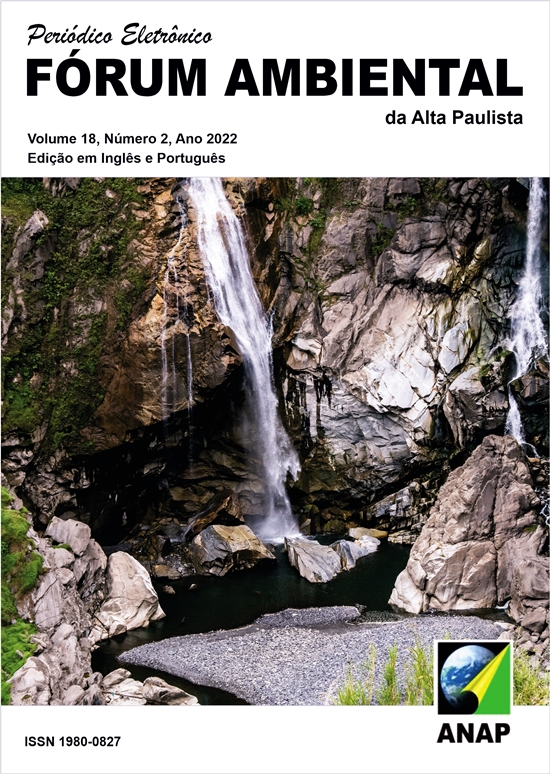Photovoltaic Energy Systems Implemented in Public Buildings Located in the City of São Paulo
DOI:
https://doi.org/10.17271/1980082718220223195Palavras-chave:
Renewable energy. Photovoltaic solar energy. Public buildings.Resumo
With the increase of energy consumption and the environmental changes caused by energy generation, it is essential that different sectors of society seek alternative, sustainable and efficient ways to develop their activities. In this context, renewable energies generate less environmental pollution when compared to fossil sources. Among the renewable energy alternatives, solar energy has grown all over the world, thanks to new technologies, easy installation and energy collection, since it is powered by an abundant source with an inexhaustible impact on the earth's surface. Large buildings are considered potential polluters, as they can cause damage to the environment due to the amount of energy they use. The present study aims to analyze the photovoltaic solar system installed in a public building located in the city of São Paulo, specifically the project implemented in the Fazenda do Carmo Municipal Natural Park (PNMFC). A qualitative, single-case study, was the adopted methodology. Data collection was via the analysis of documents and semi-structured interviews with managers and those responsible for the PNMFC projects. The results showed that the generation of energy close to the place of consumption (distributed generation) is a determining factor for energy savings and minimization of environmental impacts. We conclude that public policies of fiscal and regulatory incentives are fundamental for the growth of the use of photovoltaic energy in urban centers













